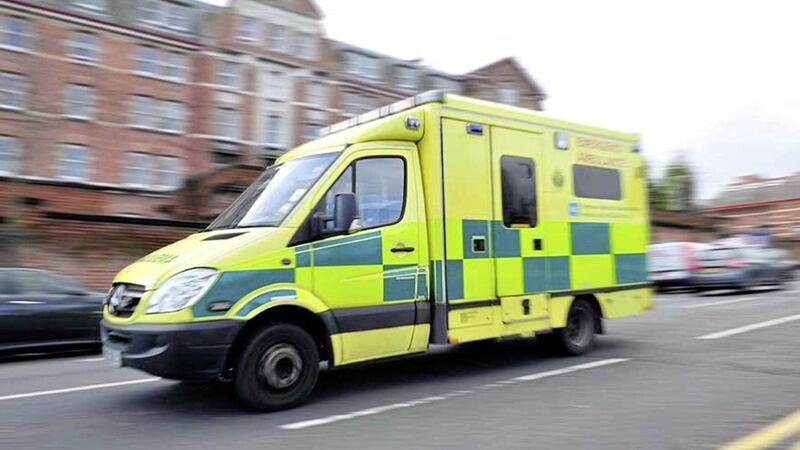A COST-CUTTING decision to increase waiting time targets for routine surgery from seven weeks to three months in some parts of England was met with outrage last week.
Warnings of dire outcomes for patients were spelt out most forcibly by the Royal College of Surgeons, with fears the delays will lead to some lives being cut short.
For people in Northern Ireland waiting on planned operations such as hip replacements, the situation is much worse - with health chiefs setting a year-long target for all in-patients to be seen.
However, the reality is that hundreds are enduring delays of up to three years.
As hospital waiting lists and A&E trolley delays spiral during severe winter pressures, the fallout for an already overstretched ambulance service has been immense.
Last Monday evening, those pressures had a human cost.
An incredibly busy evening led to an elderly woman facing a delay in excess of five hours to be taken to hospital.
By the time an emergency team arrived at the patient's nursing home, she had died.
Ambulance chiefs have rightly held their hands up and apologised to the family of the woman, and a probe is underway into what happened.
While the relatives will undoubtedly have questions, it is obvious that there are wider problems facing the ambulance service.
An inability to admit patients to hospital due to bed shortages means that many paramedics must wait in hospital A&E corridors before 'handing over' - which leads to emergency ambulances being off the roads for hours at a time.
The reasons for many of those bed shortages stem from cuts to social care packages in the home.
This vicious circle of pressures is one that can only be solved with a functioning government that has the ability to sign-off on the major changes required to tackle our dysfunctional health service.
Until then, situations that would not be tolerated in England will continue to be our norm.








